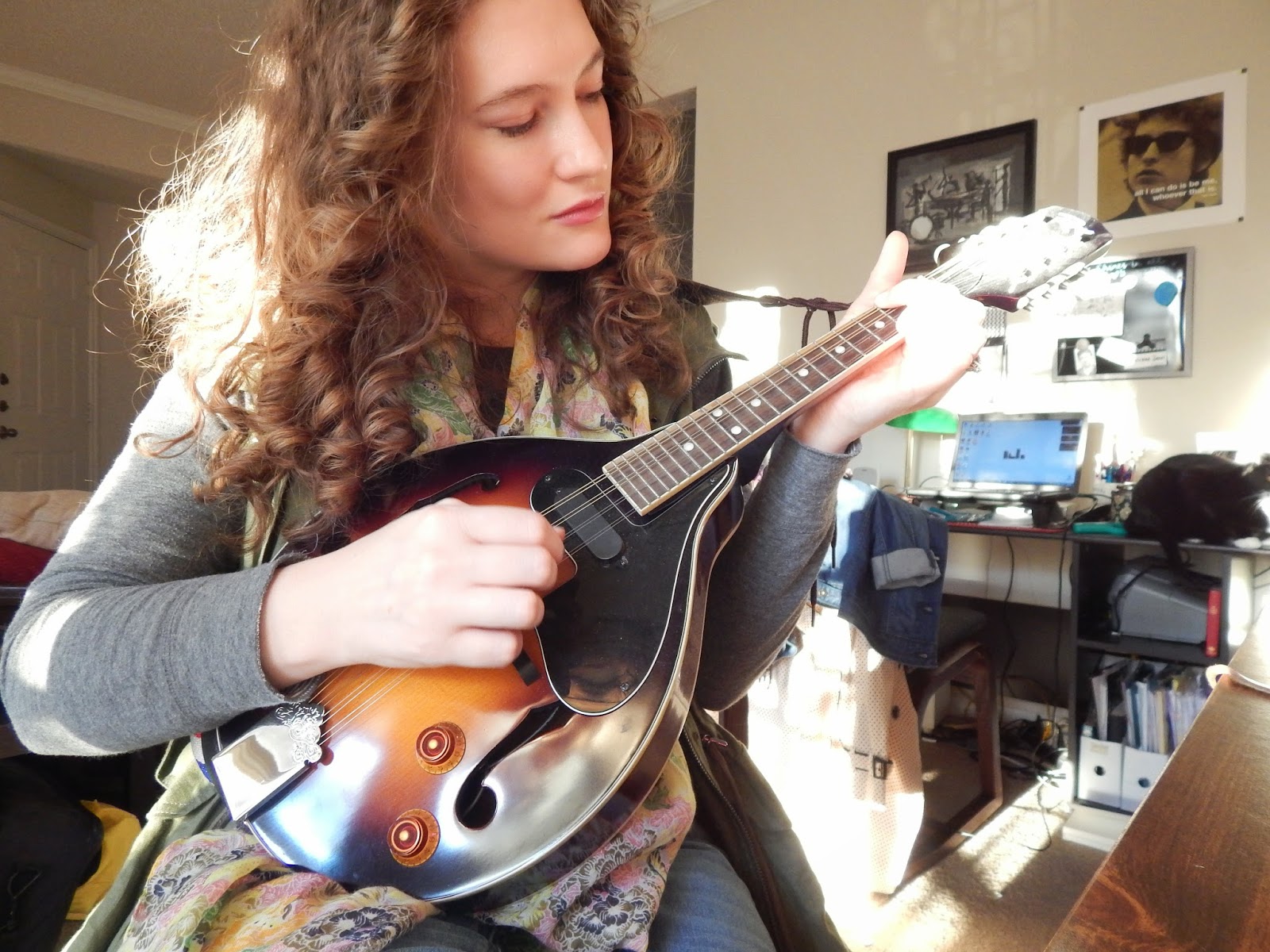Magic For Your Brain
Last week in a church staff meeting, we were talking about the importance of music in church, when I made the deeply scientific observation that "music is magic for your brain." (You can quote me on that.) Better still, quote this article on the power of music in helping alzheimers patients, which, among other things, tells us that music is one of the very last parts of the mind to go. Imagine that: your whole brain is betraying you, sliding deeper into dementia, but you can still sing all the words to your favorite songs. I can just imagine entire nursing homes of residents still belting out "Let It Go" in a few decades. (I hope, if I'm ever in that position, that I'll remember truly great songs, not some random Katy Perry earworm that lodged itself in my brain without my permission -- and, no offense to Frozen, but I'd rather be singing "Let it Be" than "Let it Go" in my old age.)
The point, at any rate, is that I was right. There are scientific reasons behind the "magic," but, in a way, music is magic for your brain. I've talked about this a little bit before, when I've discussed the power of group singing. Some of the studies mentioned there suggest that music isn't just magic for your brain but also magic for your heart (both the literal and figurative heart). And this video I came across yesterday, thanks to the facebook posting of my high school music theory teacher, confirms that this "magic," rooted in the pentatonic scale, may be universal:
I hope you watch the video. Bobby McFerrin (of "Don't Worry, Be Happy" fame) is wonderful, and this is a beautiful demonstration of the power of musical expectation and the innate ability for most humans to understand the 5 notes of this basic scale. Composer/conductor Leonard Bernstein put it this way, in his famous series of Harvard Lectures, The Unanswered Question:
I...believe, along with Keats, that the Poetry of Earth is never dead, as long as Spring succeeds Winter, and man is there to perceive it.
I believe that from that Earth emerges a musical poetry, which is by the nature of its sources tonal.
...And that ultimately these [musical] idioms can all merge into a speech universal enough to be accessible to all mankind. (watch the lecture series, here)Music is my favorite "beautiful extra." It's so seemingly useless, yet so beneficial in a variety of ways. No wonder the Bible says over and over again to sing to the Lord, sing a new song, sing psalms hymns and spiritual psalms, sing, sing, sing, sing. It's almost like God knows what's good for us -- that music is universal magic for your brain and heart, and it will do us all some good to listen, play, and sing along.




Comments
Post a Comment
Thanks for leaving your kind and thoughtful comments.